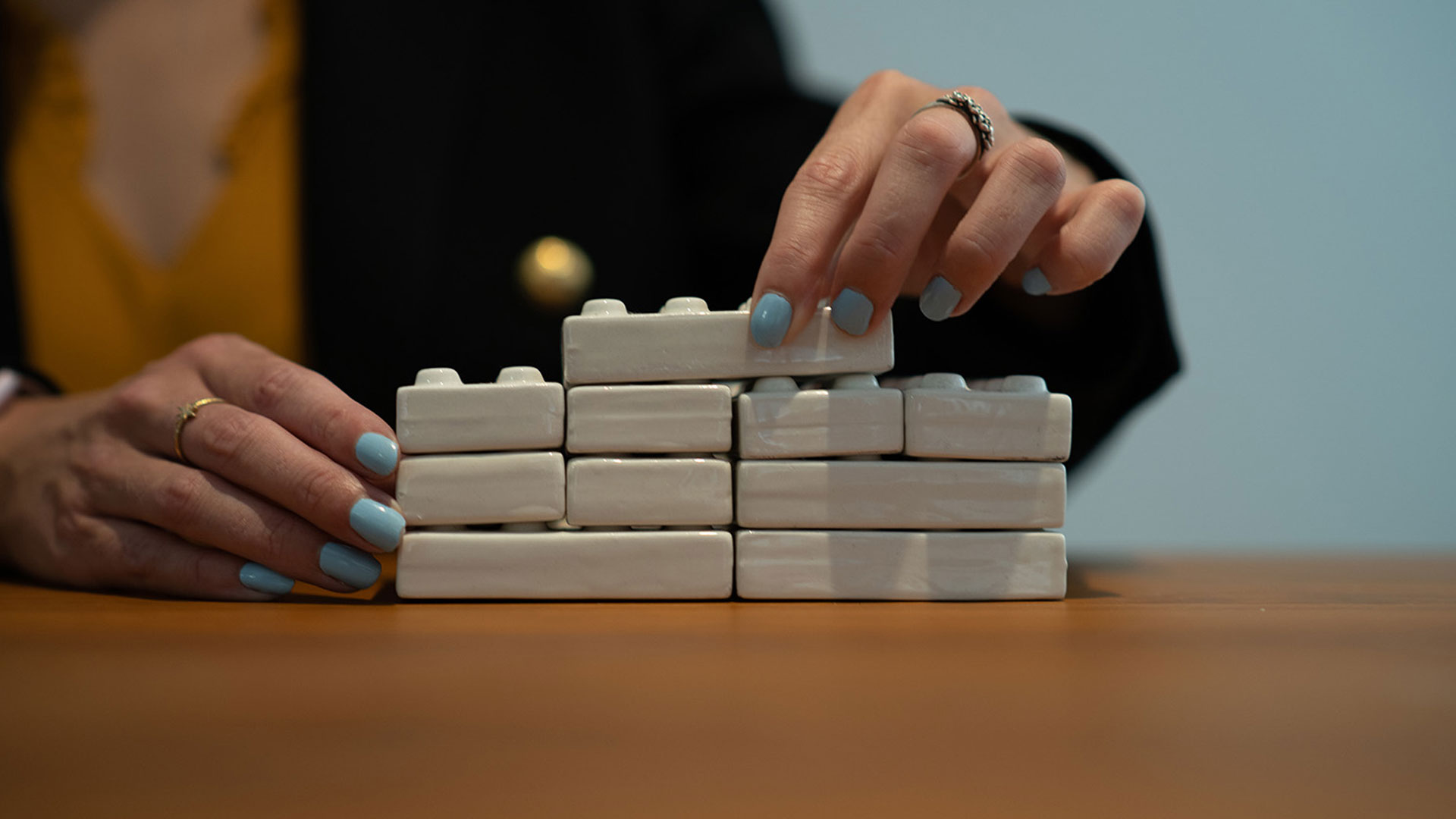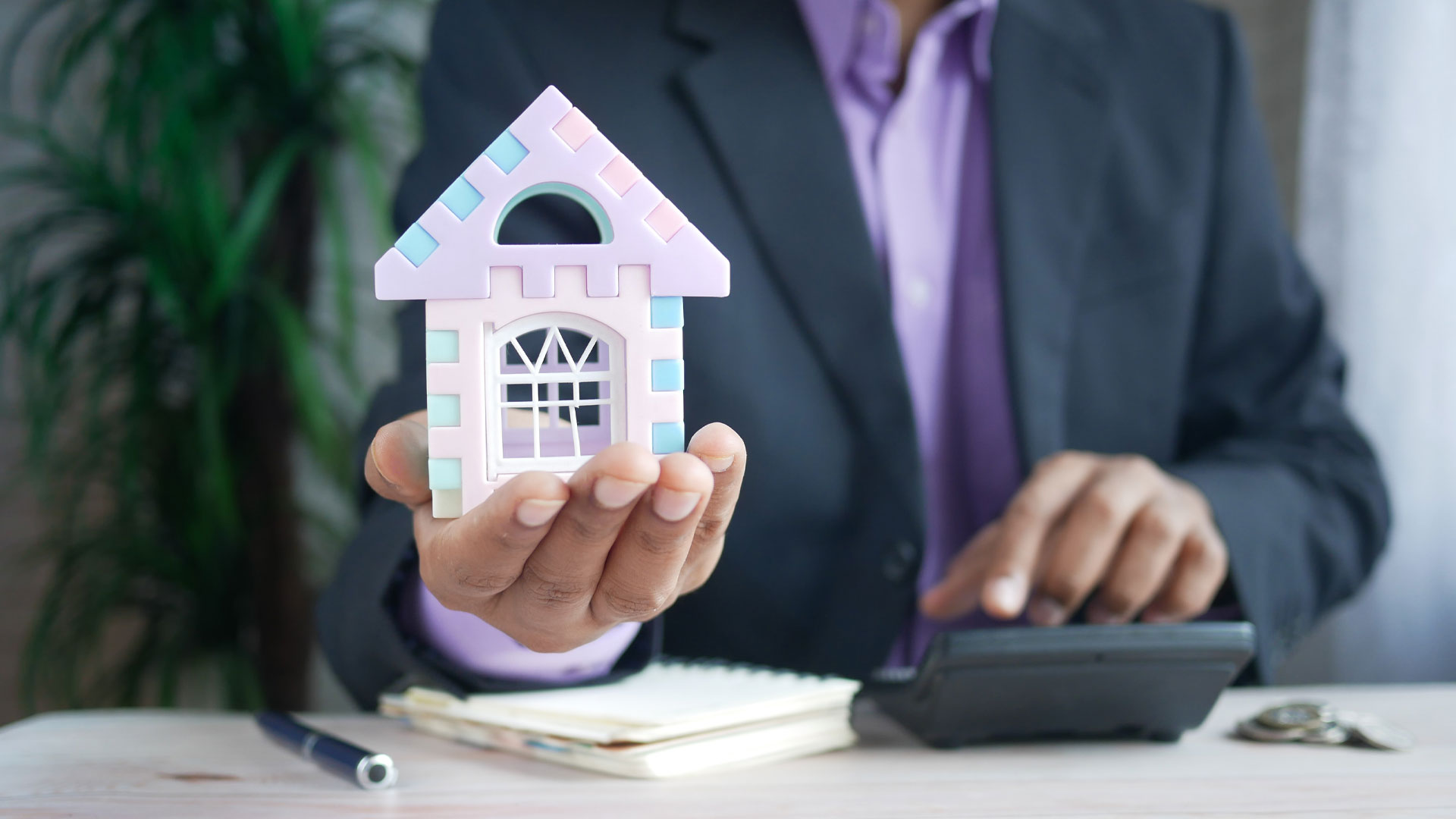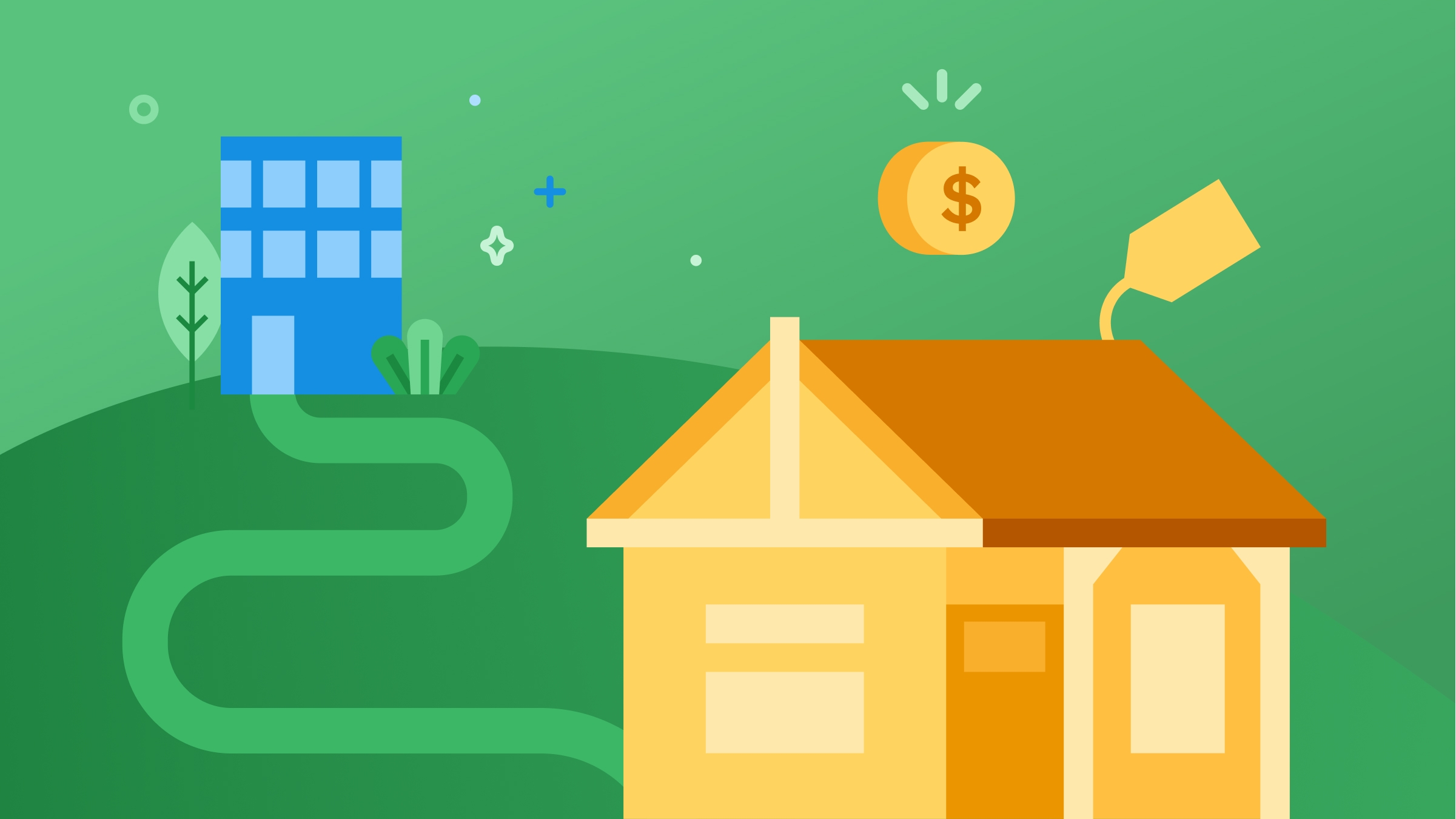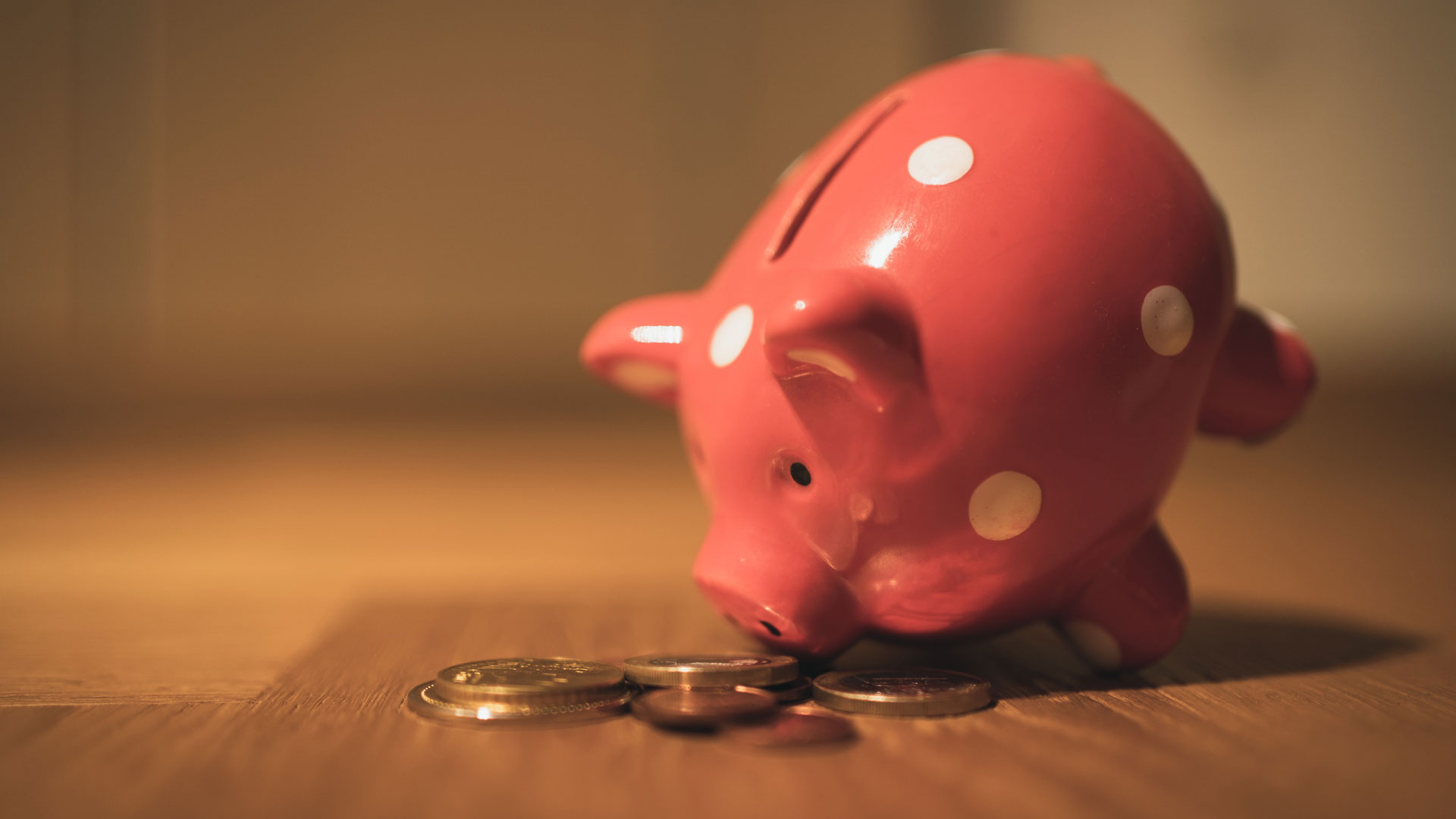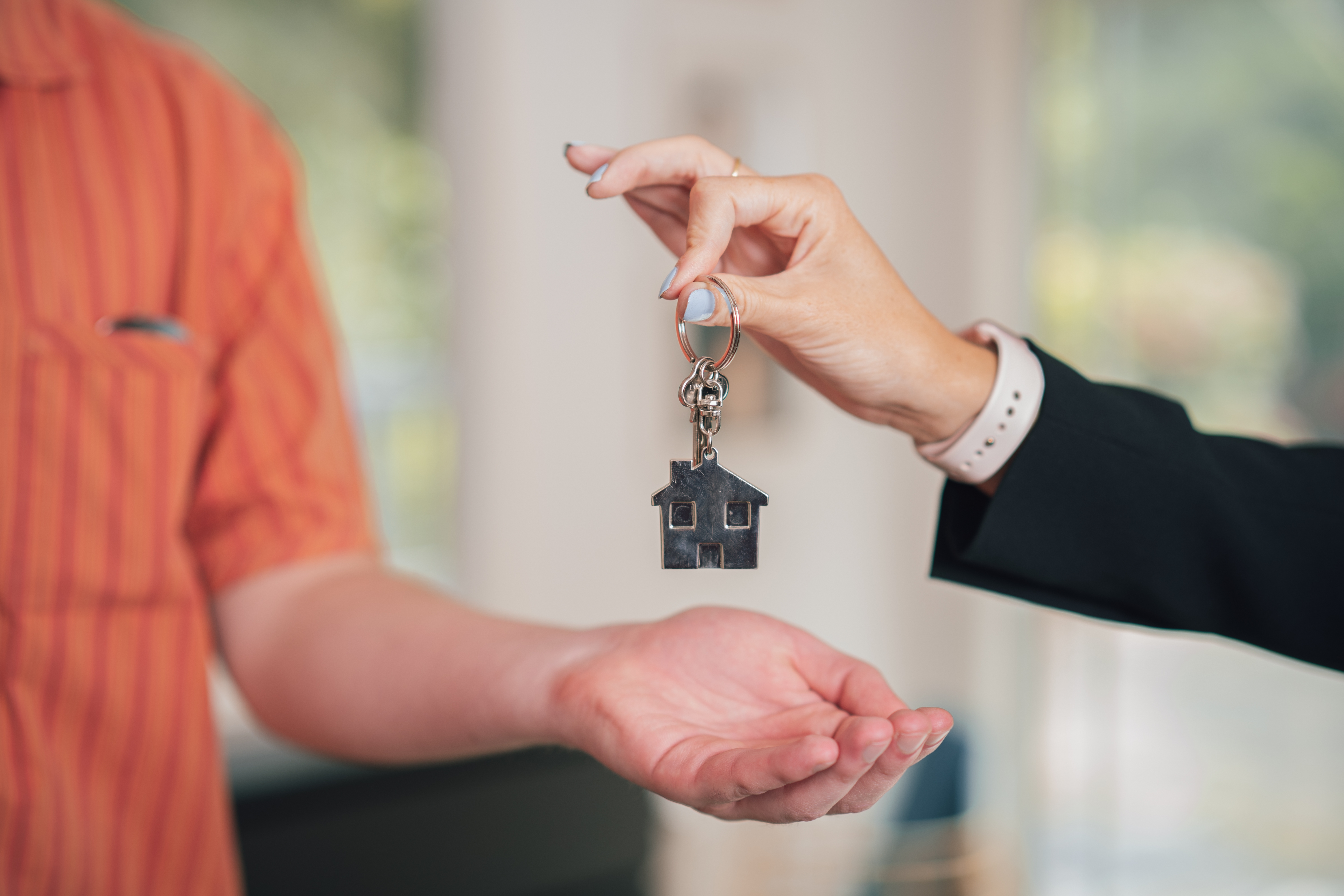Buying guide
How much do you need for a house deposit in New Zealand?
Everything you need to know.
.png)
How much deposit do I need?
How much deposit do I need for an investment property?
A house deposit is one portion of the money a buyer pays to a property seller to secure the home
Where can my deposit funds come from?
First home loan: a helping hand for first home buyers
How to get a mortgage
Tips to save your deposit faster
1. Create a budget and stick to it
2. Make the most of your KiwiSaver
3. Incentivise saving
Consolidating your debts can help you avoid paying additional fees.
4. Debt consolidation
5. Talk to friends and family
Author
Search
Other articles you might like
